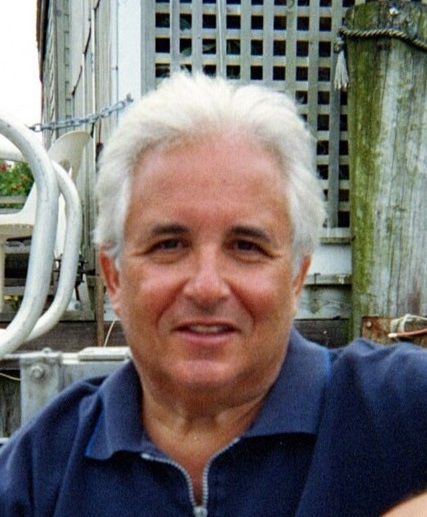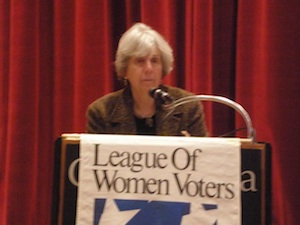Parenting Pep Talk: How To Talk To Your Toddler
 Parents of toddlers often struggle to communicate effectively with their children. Demands for attention, tantrums, and power struggles are very common and can be frustrating. Toddlers are beginning to learn language and to assert their independence, but their relatively limited communication abilities force toddlers to rely on heavily on adults.
Parents of toddlers often struggle to communicate effectively with their children. Demands for attention, tantrums, and power struggles are very common and can be frustrating. Toddlers are beginning to learn language and to assert their independence, but their relatively limited communication abilities force toddlers to rely on heavily on adults.
Toddlers often feel frustrated and misunderstood. They are not little adults. Their brains aren’t yet balanced to handle all the demands of the environment. Parents should speak to toddlers in a manner comparable to their developmental level in order to prevent tantrums, help their child feel understood, and promote the ability to self-regulate.
Dr. Harvey Karp, pediatrician, Assistant Professor of Pediatrics at the USC School of Medicine, and author of “The Happiest Toddler on the Block,” suggests that parents should speak normally to toddlers when they are happy but use “toddler-ese” in times of stress. When toddlers are upset, they are less able to comprehend lengthy explanations about behaviors and expectations. Toddler-ese is essentially talking in short phrases, being repetitive, and reflecting the child’s emotional level. You don’t want to mimic your child’s tantrum, but use gestures and vocal tone that show you understand his feelings.
Toddlers are more likely to listen to parents when they feel acknowledged and validated. To achieve this, Dr. Karp uses “the fast food rule.” At a fast food restaurant, the clerk first repeats the customer’s order before responding with the need for payment. Similarly, a stressed child needs to first have his concern reflected back before a parent’s need for compromise can be heard. One parent described the way her toddler would tantrum when told he had to go inside because Mom had to change his baby sister’s diaper. When the mother simply began to reflect the child’s feelings by saying “No, no, no! You don’t want to go inside! But we have to because your sister needs a diaper change,” her toddler began to comply without protest. Many parents have found success using Dr. Karp’s methods. Some parents struggle to find the right balance between reflecting the child’s emotional level and imitating them. The Happiest Toddler on the Block also comes with a disc, so parents can watch his techniques in action.
Another general rule for speaking to toddlers is to try to frame sentences in terms of what you want them to do rather than constantly saying no. Toddlers like to test limits, and hearing the word no tends to prompt more no’s from the toddler. If your child tries to play ball in the living room, for example, tell him that playing ball is for the playroom and outside, rather than saying, “No playing ball in the living room!” Toddlers learn to use the word no at this age because they are demonstrating their freedom, but they are likely to use the word much sooner and more frequently if it is the primary way parents assert their own authority. Children tend to imitate their parents.
Toddlerhood is a fun but challenging time for parents and toddlers alike. Children are learning how to behave in the world and how to get what they need and want, and parents are often confused by the mercurial nature of their little one. Overall, try to remain calm and remember that toddlers are themselves confused by their emerging abilities and others’ reactions to their behaviors. Strive to respond simply and empathically and always choose your battles well!
Dr. Jaime Black is a licensed psychologist practicing in Westchester and New York City. In addition to providing general mental health services, Jaime works with individuals of all ages on the autism spectrum, doing psychotherapy, conducting evaluations, and facilitating social skills groups. www.spectrumservicesnyc.com. JaimeBlackPsyD@gmail.com. (914)712-8208.


Examiner Media – Keeping you informed with professionally-reported local news, features, and sports coverage.


